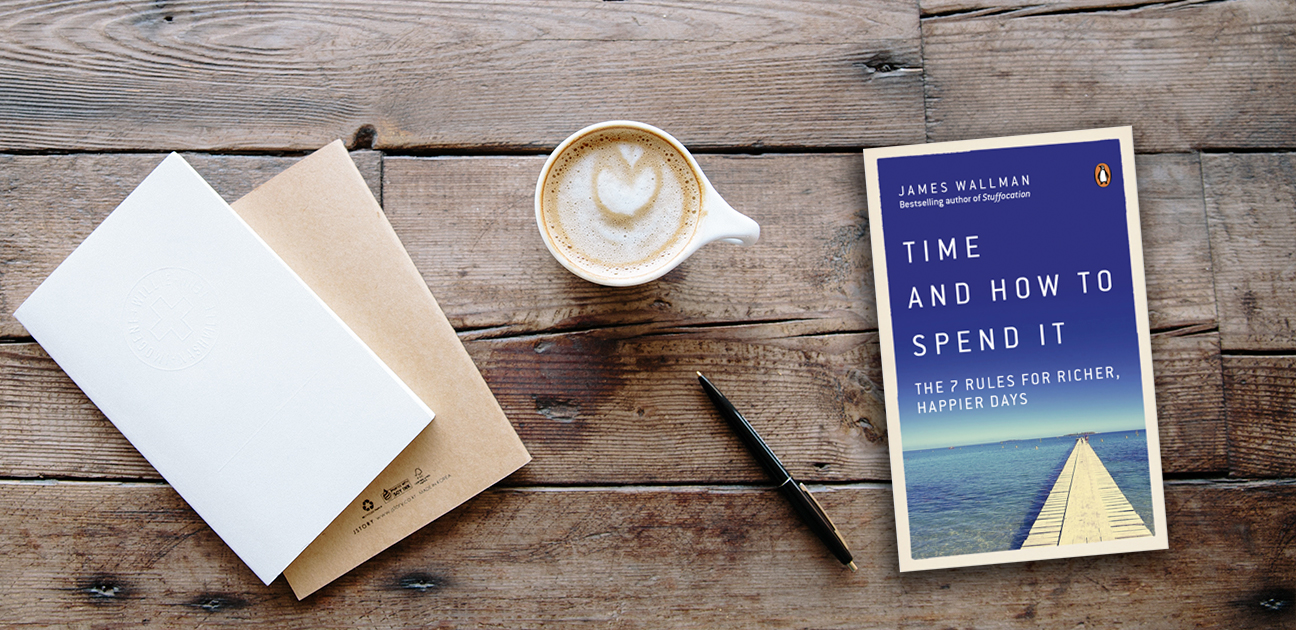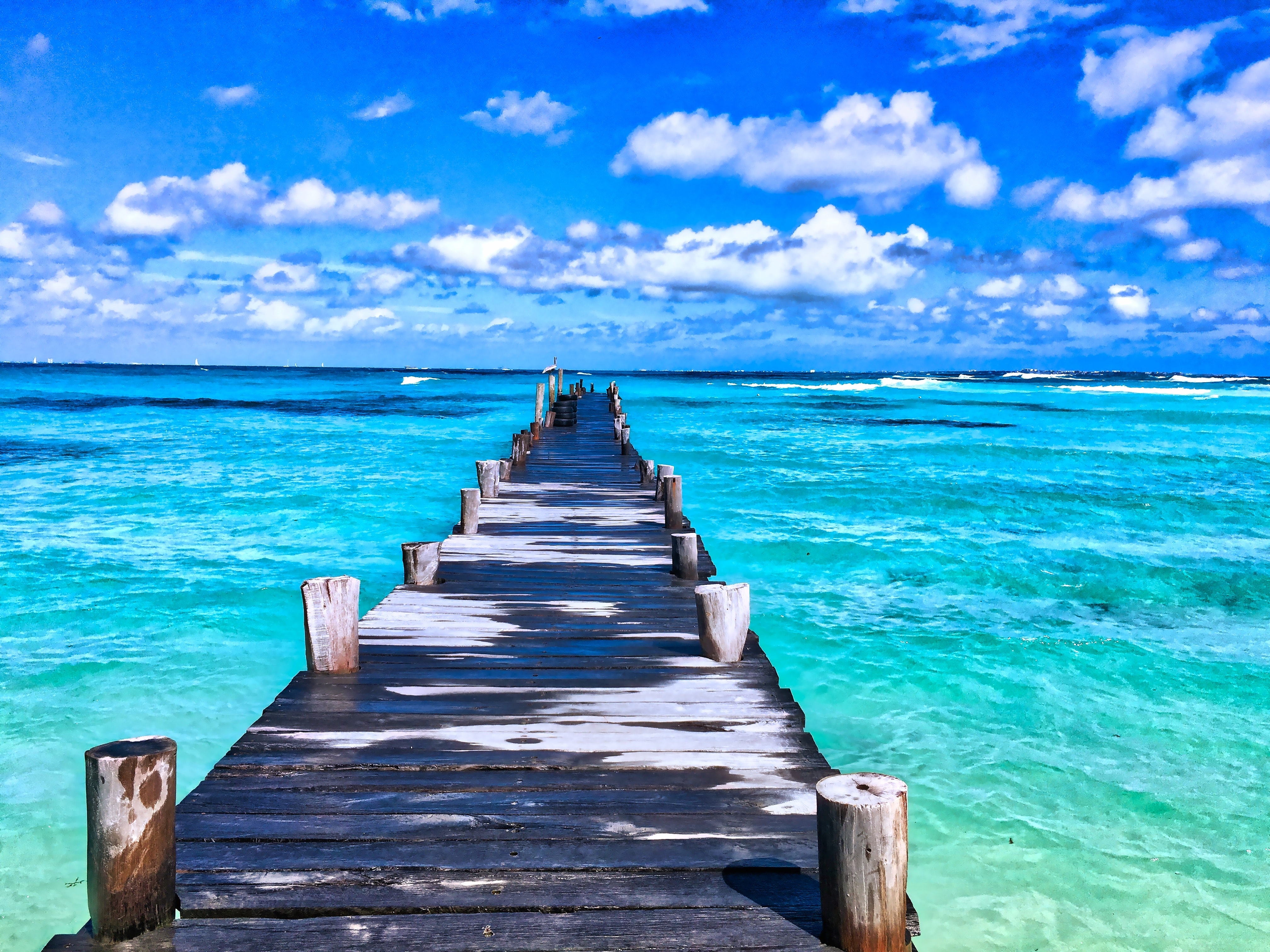- Home |
- Search Results |
- How to enjoy your holiday more using the new ‘peak end rule’
How to enjoy your holiday more using the new ‘peak end rule’
In Time and How To Spend It, the bestselling author of Stuffocation, James Wallman, investigates the persistent problem of wasted time and finds a powerful answer to how we can make the most of our experiences. Here, he explains how a new approach to the ‘peak end rule’ will help you enjoy your holiday better.

The peak-end rule has been shown to work in some experiments. But if you consider those experiments for a moment, you’ll note that they were all quite short. Does the peak-end rule also work for longer experiences? And if it doesn’t, how should we think about longer experiences?
Think about the last holiday you took, for instance. Now, as we’ve seen, it’s very hard to remember clearly, even when we’re watching ourselves. But let’s try. What do you remember about it? Can you remember any boring bits? Were there any peaks, troughs even? Do you remember what you did when you first arrived, or what you did on your last day?
Hold those thoughts for a moment, because your answers may hold some clues about what matters.
Some psychologists in New Zealand, led by a man named Simon Kemp, decided to find out if the peak-end rule works on longer experiences too. So, they asked a bunch of students who were going on holiday to share how they felt about their trip. They asked them during their holiday, using Csikszentmihalyi’s ‘pager method’. And they asked them after they’d come home too. The experiment began with forty-nine participants, but a few pulled out partway through, and a few couldn’t answer all the questions because their phone batteries died, so they ended up with forty-one respondents. That summer, most of them holidayed in New Zealand, seven went to Australia, and one came to the UK.
When you compare what these people said during their summer holidays, and what they remembered afterwards, the results are enlightening, especially because of what they reveal about how long you should go on holiday for, and the update they suggest for the old peak-end rule.
The most immediately useful truths the experiment showed weren’t, in fact, that new. ‘Duration neglect’, originally discovered back in the 1990s, says that when people recall an experience and think about how much fun it was, or not, they tend to ignore how long it lasted. This idea came through loud and clear in the experiment’s data. It didn’t matter how long people went away for, whether they went for four days or a fortnight, they still got the same amount of happiness from their holidays.
The experiment also backed another idea that’s been explored for some years: that people, even amazing people like you and me, don’t remember as accurately as we’d like to think we do. Instead, we dig out a few snapshots from our minds about the time we’re trying to recall, and then use those to make up a movie about what happened.

Besides highlighting these insights, the experiment also uncovered some exciting new discoveries. The data showed, for example, that while the peak-end rule works fine for shorter experiences, it doesn’t seem to work for longer experiences like holidays. The peak moment, it turns out, isn’t that influential when it comes to how people rate their overall experience. The happiness people reported at the peak moment in their holiday was quite different from their overall sense of happiness from the holiday. This makes a lot of sense when you think about it. For shorter experiences, like a night out or a colonoscopy, it’s easier for a peak moment to dominate the entire experience. But for a longer experience, like a holiday, while you’re sure to remember peak moments like the day you hurtled down a zip-wire or took a boat out, you’ll also remember if the rest of the trip didn’t hit the same heights all the way through.
The experiment also stumbled upon one other curious idea worth mentioning: that when it comes to the way people look back on an experience, what happens at the beginning is just as influential as any peak moment or what happens at the end.
What to make of all these insights? My take is this: if you design your experiences with the remembering self in mind – and you should – you should probably book shorter, punchier, more exciting holidays than you do now. When four days gives as much happiness as a fortnight, why not?
So, instead of blowing all your holiday allowance on one or two big holidays, you should probably try breaking it up into smaller chunks. Valencia during the Falles festival in March, perhaps, when they make enormous effigies of famous people out of paper, wood and wax, up to five storeys high, and then set them alight? Or a ‘me time’ long weekend at the clifftop Scarlet Hotel in Cornwall, with nothing but a pile of your favourite books and a view of the Atlantic for company? Or three days of trail running, wild swimming, talks and live music at the Love Trails Festival?
Next, you have to accept the awkward but inescapable fact that, rather than true remembering, we tend to ‘remember’ by gathering a few mental snapshots and turning them into a movie memory. If you were planning an experience by the old rule, you’d have put extra energy into creating compelling snapshots in two key areas, the peak and the end. But these latest insights suggest you should also aim for great snapshots in three more areas.
First, consider not only the end but also the beginning – because, as Kemp’s published paper says, ‘Happiness during the first 24-hour period is recalled at least as well as the peak happiness or that from the last 24-hour period.’
Second, think carefully not only about the most obviously memorable experience, but the most unusual one too – because, again, according to Kemp’s research, the happiness that people feel on the day they flag as most memorable, and the happiness on the most unusual day, are both useful indicators for the overall happiness they get from the holiday. If those days are full of joy, chances are, the holiday will be too.
And, finally, don’t aim only for the one peak experience, but for many peak experiences – because, even if the one peak experience doesn’t define your overall happiness that comes from the trip, peak experiences are, by definition, the most memorable and when you’re happiest. Why shoot for one, when you could have far more, and raise your general level of joy?
So, while the old peak-end rule has been seen to be useful for shorter experiences, I think it’s time for a new rule that incorporates these insights but also reflects the latest science. If you don’t like the idea of a rule, think of this as a simple recipe for designing extraordinary experiences. And if you’re worried that these ingredients seem too focused on producing great memories for the remembering self, there’s no need. They’ll create extraordinary experiences for the experiencing self too.
Sign up to the Penguin Connect newsletter
By signing up, I confirm that I'm over 16. To find out what personal data we collect and how we use it, please visit our Privacy Policy